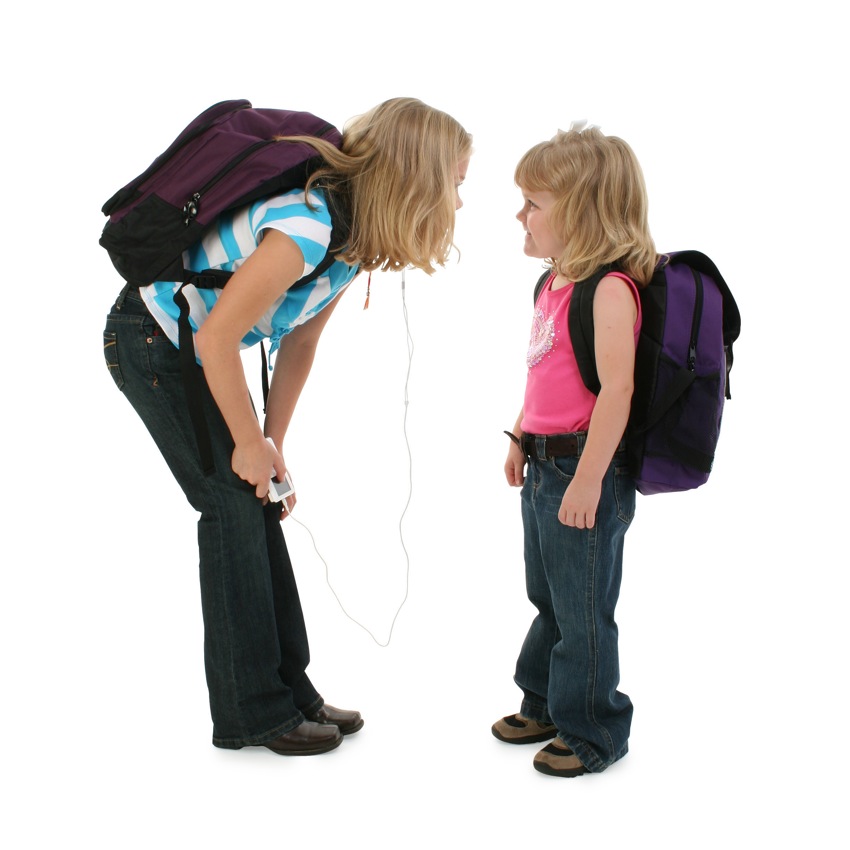 11 Alive recently reported that Atlanta is among the top ten cities across the nation where homes are most likely to be hit by a tornado, according to a new list from The Weather Channel.
11 Alive recently reported that Atlanta is among the top ten cities across the nation where homes are most likely to be hit by a tornado, according to a new list from The Weather Channel.
Instead of just counting numbers of tornadoes as they did in preparation of releasing previous lists, this year The Weather Channel’s severe weather expert gathered data from the National Weather Service from between 1962 and 2011, and noted the areas within 75 miles of the highlighted cities, and included data on length and width of the storms’ damage paths.
Alabama, Mississippi, Tennessee and Georgia are noted to have been hit more often than areas that one would consider traditional tornado areas.
In recent years, Atlanta and Nashville both have had tornadoes hit their downtown areas, which flies in the face of the common thought that tornadoes tend to avoid urban areas.
The top 10 cities for tornadoes include:
10 – Nashville
9 – Wichita
8 – Atlanta
7 – Oklahoma City
6 – Tulsa
5 – Little Rock
4 – Tuscaloosa
3 – Birmingham
2 – Jackson
1 – Huntsville
Are You Prepared?
Get Notified. If you have a weather radio, that’s great! But here is a great service available to everyone that allows you to be notified by your local emergency response team in the event of emergency situations or critical community alerts. Examples include: evacuation notices, bio-terrorism alerts, boil water notices, and missing child reports.
Sign up for Code Red now – it’s FREE!
Make Your 72-Hour Kit. Make sure you have a 72-hour kit assembled for each family member ready to go. It could be the difference between life and death. Remember that it could take emergency personnel at least three days to reach you in the event of a disaster.
What do you put in your kit? Here is a great comprehensive list of what should go in each family member’s kit so you can survive up to three days. This page includes a link to a printable checklist which is extremely helpful.
If you have a child or family member with Autism you will need to be even more resourceful to maintain order in a time of great chaos. Here is a list of what to include in your Autistic child’s 72-hour kit.
Have a safety plan. After you create a safety plan, hold a family meeting to go over the plan with all members of the family. This will help your children get familiar with the plan in case of emergency. It is a great idea to go over the plan at least twice a year (once at the start of each “tornado season” in your area).
My children get very disgruntled with me when I use the fog machine to set off the smoke alarms at 3 am… but they know what to do now in the case of a fire!
Decide where your family should go in the event of a tornado. If your family has a basement or a partial basement that is underground, you should certainly go there. Pick a place that is away from windows and doors. When a tornado hits close to your home, one of the first things that may happen is that your windows will blow out. You don’t want to be near them when this happens, or the glass may cut you.
If you don’t have a basement (like us!) you can find other places that are safe to be in your home during inclement weather. Choose to get in a closet, under a stairwell, or in a central room. Bathrooms without windows are also great places, as the piping in the walls can act as a barrier between you and the weather outside.
You may want to plan an emergency word that should only be used in case of emergency. Make sure everyone in your family knows the word and what to do when it is spoken.
Practice, practice, practice! Emergency officials train constantly in order to be effective on their job; if you want an effective emergency plan, you and your family should practice what to do.
How about you? Tell me about your family’s safety plan by commenting below or posting it on the SOA Facebook page!




